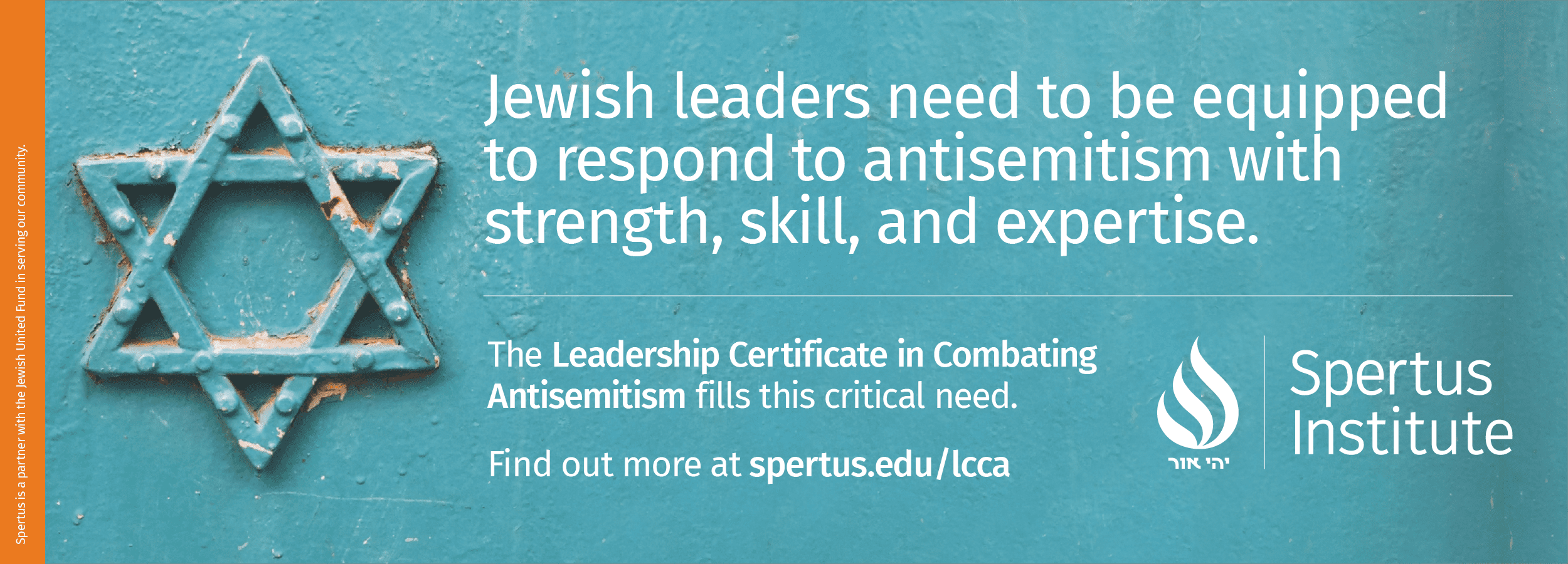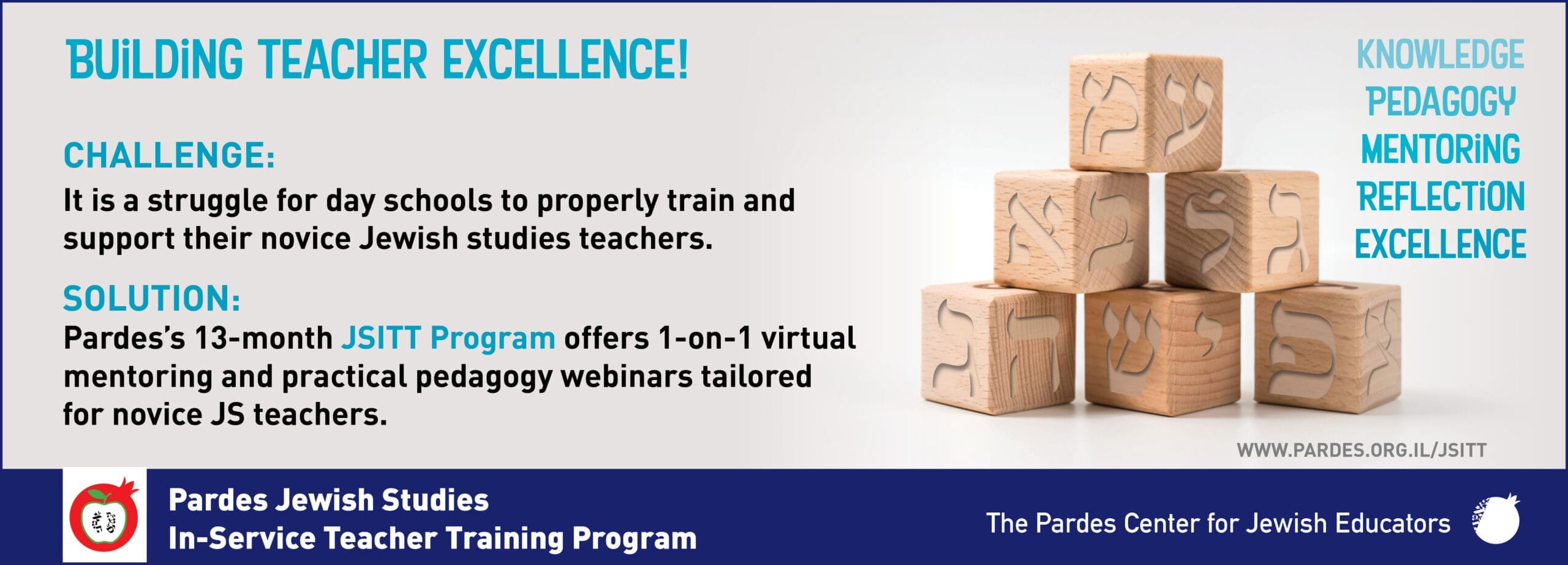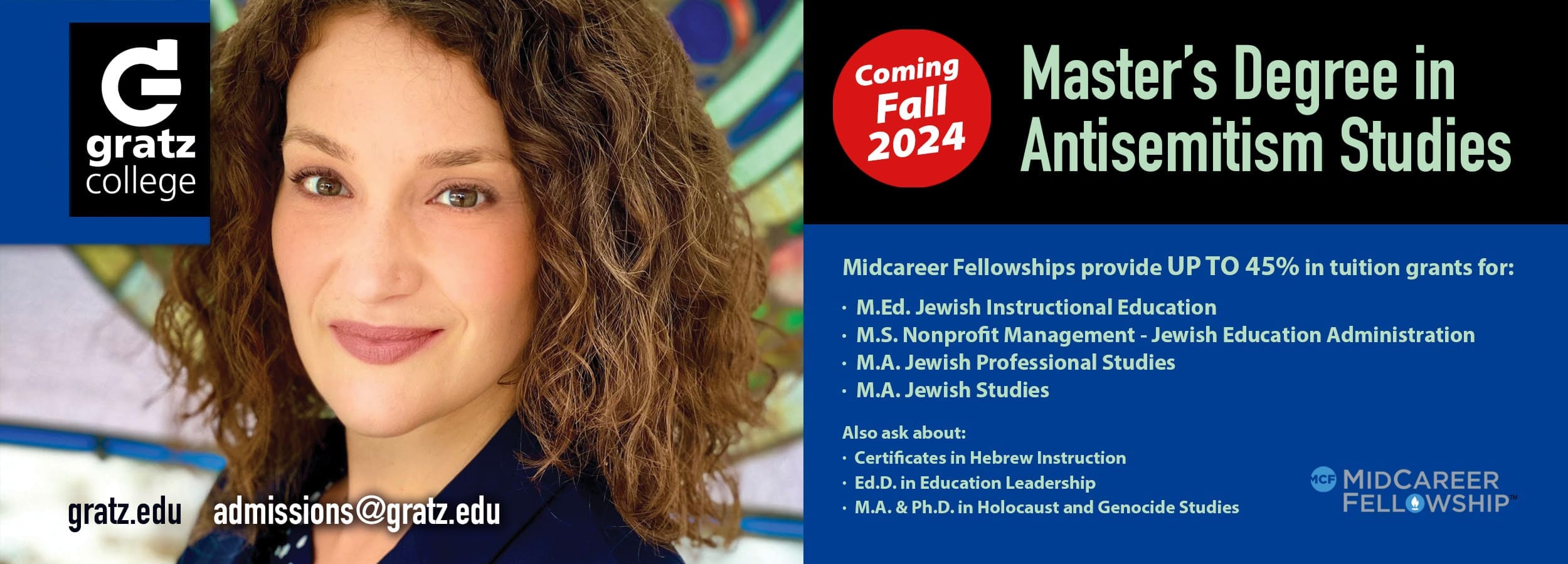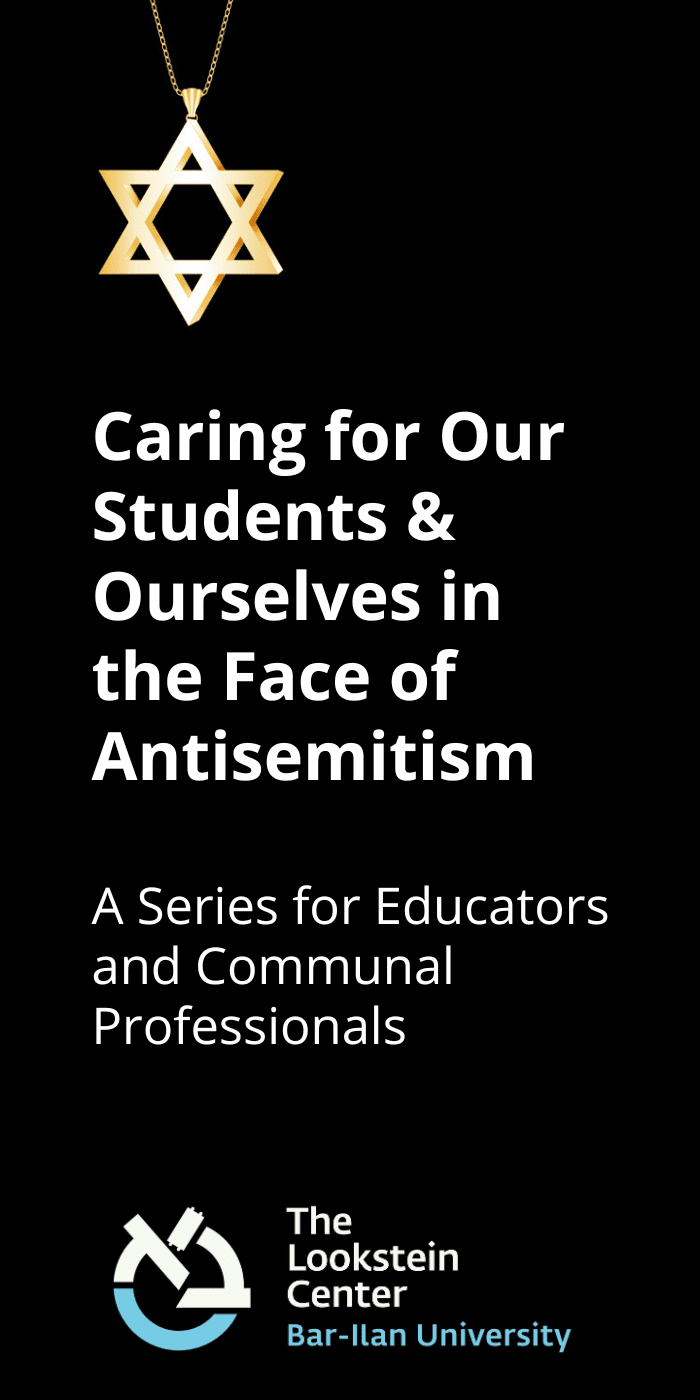Antisemitism – So Close to Home – 2024 Update 📄🎬
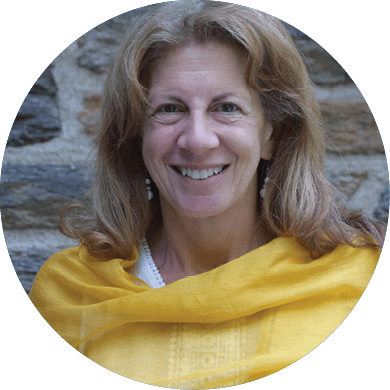
The article below was originally published in the Fall 2021 Jewish Educational Leadership issue, Jewish Education Amidst Rising Antisemitism. The following video interview update was recorded in December 2023. It addresses the aftermath of October 7th in Jewish communities around the world.
The school I lead sits exactly 1.2 miles from the site of the October 27, 2018 white supremacist terrorist mass shooting that targeted three congregations housed in the Tree of Life synagogue building. My home sits around the corner, 900 feet away. I could hear the police response and shooting battle that morning reverberating through my windows and walls.
It was shocking. So close to home. But as a child of Holocaust survivors and a student of history, I was not surprised. The beating drum of a resurgence of antisemitism had been in the background for some time. Hate group activity had been increasing in western Pennsylvania and throughout the country and the world. Right-wing extremists were winning elections in heretofore progressive nations. Mass shootings were occurring almost daily in America. America felt broken.
In the wake of the synagogue attack, we—as a Pittsburgh Jewish community and as a global people—responded with defiant, full-throated, joyful affirmation of who we are as Jews. We answered hatred by demonstrating how we fortify and nourish ourselves and the world in the fullness, richness, complexity, and simplicity of our Jewish identity.
This affirmation offers a roadmap for how we educate Jews amidst rising antisemitism. I will explain—but first, let me remind you of the story of Squirrel Hill.
In Pittsburgh, our community’s work with immigrants led us routinely to celebrate the Hebrew Immigrant Aid Society, founded 140 years ago to help Jews fleeing pogroms in Russia and Eastern Europe. Today, the HIAS mission has been expanded to include refugees of all backgrounds, and the organization’s work is biblically reinforced every time we chant liturgy connected to “we were strangers in the land of Egypt.” A week before the Pittsburgh shooting, Dor Hadash, one of the three congregations in the Tree of Life building, joined with nearly 300 communities to observe HIAS’ National Refugee Shabbat.
“HIAS likes to bring invaders in that kill our people,” the shooter posted online before the attack. “I can’t sit by and watch my people get slaughtered. Screw your optics, I’m going in.”
Support for immigrants. This is reportedly what drew the ire of the white supremacist who stormed the synagogue through unlocked doors that were open to the crisp autumn air and to welcome all who would come to worship. His fear of imminent erasure, of the existential threat posed by alleged caravans of terrorists and drug dealers breaching our borders, led to the barrage of bullets that tore through the bodies of the worshippers gathered to pray in their beloved sanctuaries. It led to the murderous attack that tore through our literal and metaphorical Squirrel Hill shtetl and woke us up to the dark underbelly of America.
We would not know the exact death toll, or which neighbors and friends and family members were dead, until the next day. But by that afternoon, word was out that the Jewish Federation of Greater Pittsburgh was planning a community vigil for the following night.
And then the teens took over, with Community Day School alumni among the organizers. They had mobilized months earlier to lead a walkout after the Marjory Stoneman Douglas High School mass shooting in Parkland, Florida. This time, within hours of the shooting in their own community, they took action to organize a vigil in the heart of Squirrel Hill for that very night.
In an interfaith, multiracial show of solidarity, thousands assembled at the iconic corner of Forbes and Murray, just feet away from our JCC. The teens organized a podium, a sound system, candles, and social media outreach. They led a Havdalah service (marking the end of Shabbat and the return to the work week). They led the massive crowd in traditional psalms and prayers. They chanted the Mi Sheberakh (prayer for healing). And they spoke:
“I am a different Jew today than I was yesterday,” 15-year-old CDS alum Sophia Levin said. “Antisemitism was something that happened in history, that happened in other places,” she continued, her voice breaking. “Tree of Life used to be just a synagogue that my grandparents went to, that my Mom grew up in, that we would go to on High Holidays. And today I feel like it’s something different.”
After the vigil ended, a reporter asked Sophia if the event was a success. She nodded. “It strengthened our community,” she said. “The most important part of Judaism for me is a sense of community.”
How do we fight antisemitism?
With Jewish day school graduates like Sophia Levin. She knew how to stand up tall and proud as a Jew even hours after a deadly attack on Jews for being Jewish in her neighborhood. She and her friends knew that this was a historic moment. She and her friends also knew how to create a Jewish memorial moment, how to tie it to Shabbat, and how to offer comfort and build community through the rituals and prayers that provide structure and help us know what to say when we are inarticulate with grief.
How do we fight antisemitism?
By meeting antisemites or silenced allies where they are—in one case, the national highways. That is what JewBelong has launched in a pink billboard campaign to combat antisemitism. There are currently six digital billboards up in various U.S. cities with five slogans and the hashtag #EndJewHate.
My favorite is: “I promise to love being Jewish 10x more than anyone hates me for it.”
How do we fight antisemitism?
With facts. My son, Boaz Munro, a CDS alum and grandson of Holocaust survivors, is a student of the Holocaust and of history in general. He was terror-stricken by the silence of Jewish progressives when confronted with the antisemitic attacks against Jews in America in response to the May 2021 Israel-Gaza conflict. Their silence felt all too deafening, hearkening back to the Weimar Republic in Germany. He understood how Jews as a people were being conflated with the actions of the Israeli government and wrote a call to action that received nearly 8,000 “likes’’ and has been viewed almost 300,000 times.
Boaz challenged readers to give any other example of a time when progressives have declined to stand up for other victims of hate due to the actions of a foreign state to which they’re ethnically tied. Aiming to address the lack of historical awareness that leads to this silence, he’s also embarked on an ambitious 20-part Instagram series on “The Jews.” He has completed Chapters 1-10. I don’t know if he realized how ambitious this project was until after he started, but he is determined to take action by calling out inaction and confronting it with truth.
How do we fight antisemitism?
With open discourse. The audience for the crash course in Jewish history that Boaz is creating is not only non-Jews. Many Jews also lack historical perspective, which is why Jewish day schools like mine must find ways to have courageous conversations about the toughest topics. If we allow our students to graduate with a brittle sense of Jewish identity, we fail to instill an enduring Jewish commitment. If they are fragile at the first poke in high school or college that calls into question what we taught them about Israel or the Holocaust, it is very likely they will question everything they were taught. If they don’t understand our full history, they will accept someone else’s narrative. And while there are tough realities to face about being Jewish and about Israel, some of the narratives circulating are virulent and worse than any truths we could share. Many Jewish day schools, including mine, struggle in having these difficult conversations. I challenge and invite all of us to share what is successful at our schools. We have work to do.
How do we fight antisemitism?
Proudly. After the synagogue shooting, we did what felt simultaneously impossible and imperative—we returned to our campus that very Monday morning with the Israeli flag flying high, and to my memory, with no parents keeping their children home out of fear. Our 8th graders created a prayer service and remembrance ceremony for Tuesday at the site of a sculpture on our campus.
“You’ve given me some strength to get through today, and for that I thank you,” Tree of Life’s Rabbi Jeffrey Myers told our students.
That Friday, in a testament to the power of community, our entire school and hundreds of parents filled our gymnasium for a raucous, dance-filled Kabbalat Shabbat service as planned.
The message was clear: we are here and we are proud.
We continue to find guidance and comfort and strength in our Jewish teachings, and ledor vador, educated Jewish children like Sophia Levin, like Boaz Munro, carry us forward.
How do we fight antisemitism?
By going into our schools tomorrow and doing the work even better than we did the day before.
How do we fight antisemitism?
My father, Moshe Baran, a Holocaust survivor and partisan fighter, two years ago at age 98, said it best.
Be a better Jew.
If that sounds familiar, it is the closing argument of Bari Weiss’s 2019 book (OK, she is also a CDS alum).
If you think I should have credited her before I credited my father, here’s a short and quintessentially Pittsburgh story.
Before the pandemic, Bari’s father Lou Weiss would pick up my Dad for the 7 a.m. minyan at Congregation Beth Shalom in Squirrel Hill, part of an intrepid crew of volunteer drivers of Holocaust survivors.
One early morning ride in 2019, Lou was telling Moshe about his daughter’s new book, “How to Fight Anti-Semitism.” Upon hearing the title, Moshe said, “Well, the answer is easy. Be a better Jew.” And Lou replied, “That is her whole book in four words!”
In her final chapter, Bari asserts that, ultimately, the only response to this moment is to practice a Judaism of affirmation, not a Judaism of defensiveness.
She writes:
We should be telling that epic story, especially to the younger generation. We should not dumb it down. Big ideas changed my life. And nothing has been more powerful in my life than feeling like I’m a part of the Jewish story, a tiny link in our history. In these trying times, our best strategy is to build, without shame, a Judaism and a Jewish people in a Jewish state that are not only safe and resilient but self-aware, meaningful, generative, humane, joyful, and life-affirming. A Judaism capable of lighting a fire in every Jewish soul – and in the souls of everyone who throws in their lot with ours.
There are many forces in our world insisting, again, that all Jews must die. But there is a force far, far greater, and that is the force of who we are. We are a people descended from slaves who brought the world ideas that changed the course of history. One God. Human dignity. The sanctity of life. Freedom itself.
That is our inheritance. That is our legacy. We are the people commanded to bring light into this world.
Do we believe in our own story? Can we make it real again? I believe that we can, and that we must.
Affirming our story doesn’t mean you have to be a more traditionally observant Jew or a more activist Jew. It means knowing what it means to be a Jew. To walk proudly (even if quietly) as a Jew. To speak from a place of knowledge, context, and history, knowing that each of those can be defined subjectively and objectively, and knowing how to tell the difference. It means being committed to checking your moral compass against Jewish teachings and being prepared to find out that sometimes your moral compass—and sometimes Jewish teachings—warrant critical appraisal. Most important, affirming our story means that you are compelled and equipped to seek meaning, to find joy, and to love Judaism, however you live it, for the time-tested, life-affirming, family-affirming, justice-affirming habits of mind and heart it has been cultivating for millennia.
That’s how, together, we fight antisemitism.



Reach 10,000 Jewish educational professionals. Advertise in the upcoming issue of Jewish Educational Leadership.
Do you want to write for Jewish Educational Leadership? See the Call for Papers for the upcoming issue.
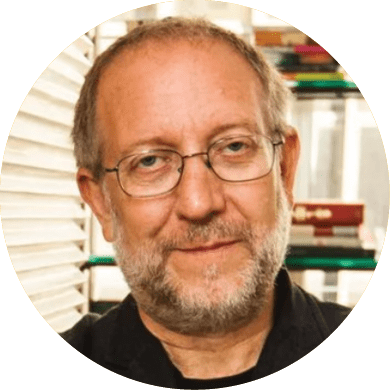

Understanding the New Antisemitism with Yossi Klein Halevi – 2024 Update 📄🎬
I think we’re experiencing a phenomenon that we can call massacre denial or massacre trivialization. And I don’t like Holocaust comparisons to Israel’s situation. But in one way I do believe that a Holocaust analogy is legitimate and that is in in how the historicity of October 7th is being treated and the uniqueness of October 7th. What makes October 7th unique is that it was not a pogrom, these were premeditated atrocities. And the purpose of the atrocities, was to instill terror. So what is happening to the memory of October 7th, the understanding of what October 7th was, is very similar to what Holocaust memory has been subjected to in large parts of the world.
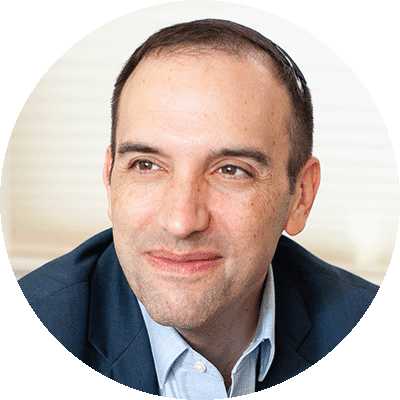

From Fear to Resilience – 2024 🎬
The whole world has changed. I feel like we’re at a historic moment for the Jewish people. This is one of the major, major dividers within the Jewish world today. Those who have never really known Jewish vulnerability and those who know it and feel a deep in their kishkes. And I think that divide has been kind of blown up right now. We’ve known through the statistics that antisemitism has been on the rise for the last many years. And I think Pittsburgh, Tree of Life, really changed in some ways the American Jewish condition. It kind of woke us up to the fact that it can happen here.
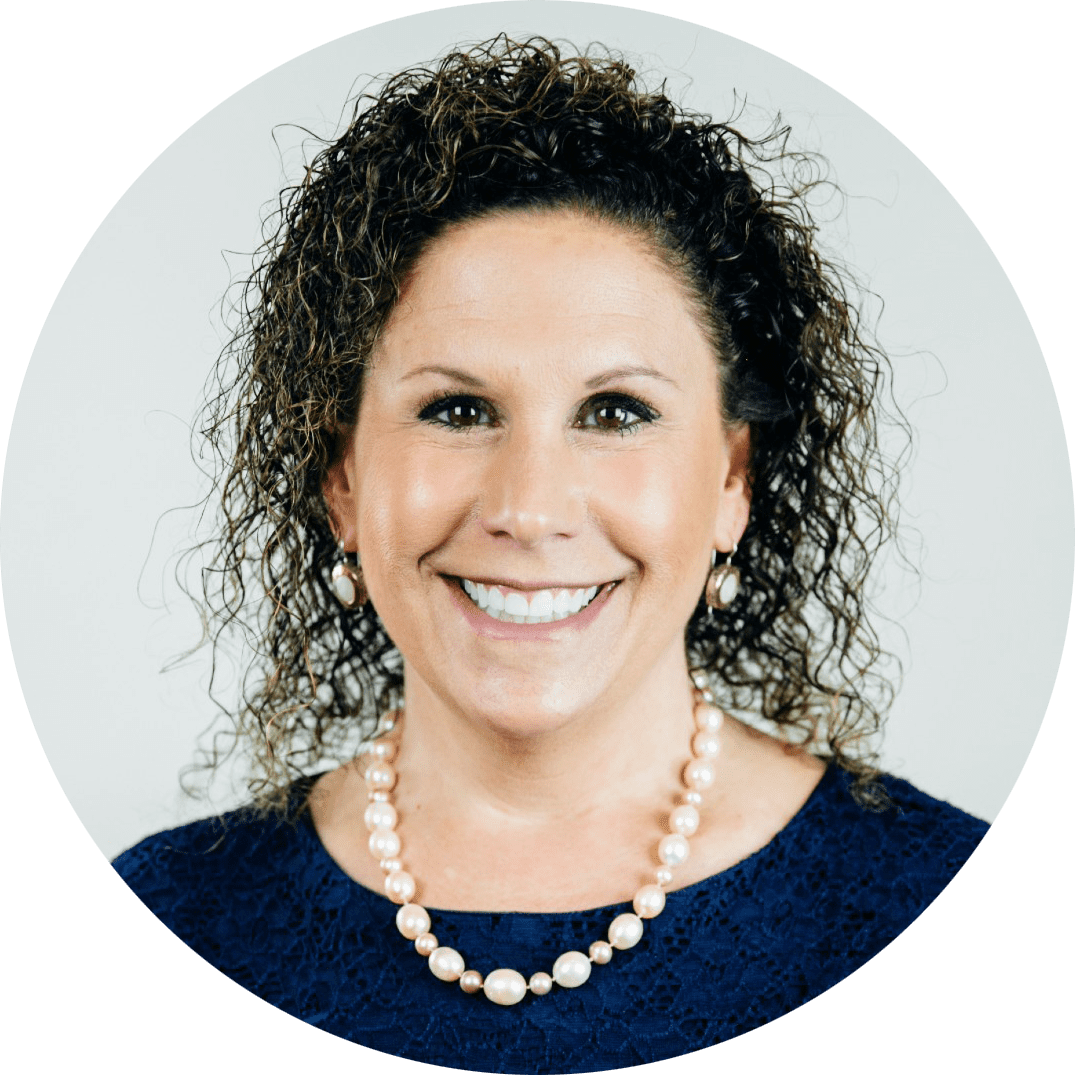

Building Jewish Strength – 2024 🎬
I think among the things that are concerning for me is that the people that I work with, and I’m in a Reform congregation, we’re a very large community with a lot of diversity within that community. I think that what is particularly concerning to me is that our people are so caught off guard and surprised. That all of the sudden in 2023, all of the sudden it’s as if there wasn’t antisemitism before October 7th. We either had our heads in the sand or we were just kind of in a position of not really acknowledging the extent to which antisemitism is still a part of the human existence. I won’t say the Jewish existence because I think antisemitism and anti- antisemitism is more than a Jewish concern.
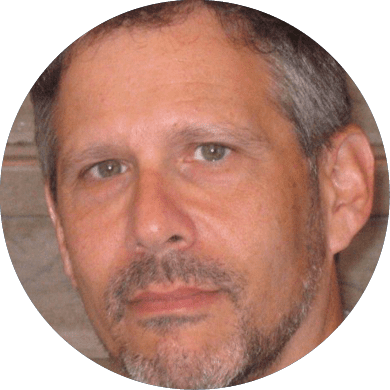

Confronting the Campus Crisis – 2024 update 📄🎬
I think what we’re seeing now is a globalization of antisemitism and it’s become a mass movement in the name of anti-Israel activism, in the name of anti-Zionism, which is not to say that anti-Zionism automatically equals antisemitism, but the way that anti-Zionism is expressed particularly now, is in an antisemitic way. One example, for instance, maybe you would a draw a Venn diagram and you would have a big circle and that big circle says criticism of Israel. Then you have another circle, which is antisemitism, and then you have a bit of an overlap. And the overlap seems to have increased recently. Why that is, is because Hamas is in itself an antisemitic organization.
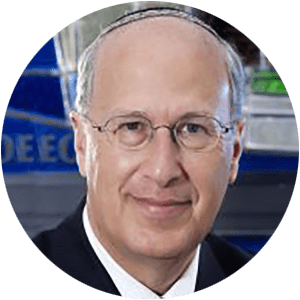

Antisemitism, Debating a Lie – 2024 🎬
The most concerning thing I find about the uptick in antisemitism is the lack of knowledge on the part of Jewish students and others about the real history of the situation. The kids don’t know how to have a cogent debate. They don’t have the knowledge. They don’t have the history to truly stand up and speak truth to lies. And that actually is the most disturbing thing. If there’s violence, it’s obviously extremely disturbing. But I’m not as worried about that as the long term issues, both on college campuses and now on high school campuses, where the lack of knowledge and the level of ignorance is so profound that I think we are in a strategically dangerous spot with our youth who don’t know.
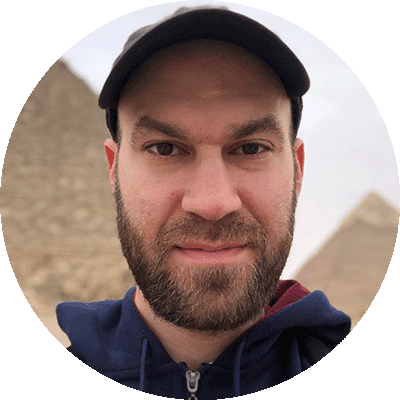

Seeing Antisemitism Clearly – 2024 🎬
The time when my thinking on antisemitism changed the most in the last five years was actually 2021, not now. In 2021, we had a similar situation on a smaller scale to what we have now, which is Israel and Hamas fighting and violence against Jews outside Israel. Hate crimes, attacks both at protests but also just on the street. And the thing that changed my thinking the most was not fighting in Israel and was not even those attacks. But it was how the reaction to those attacks from people who are most likely to stand up for minority groups who are being subjected to racism or prejudice was anything ranging from apathy to justifying or contextualizing the violence.
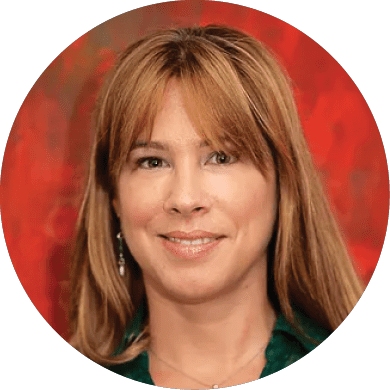

Antisemitism and Identity – 2024 Update 📄🎬
So the question was, in the last two years, has your thinking on antisemitism changed? And the answer is very straightforward. My thinking has not changed whatsoever. I knew that antisemitism is an issue, even though people around me have been minimizing and denying it and now it’s just out. It’s clear that there is bias even among people who are not necessarily antisemitic. It seems like there is a radicalization among younger people. I’m wondering to what extent education has to do with it. I got my Ph.D. here and I’ve seen the environment. There seems to be also a lot of misinformation at least on the school campuses or university campuses.
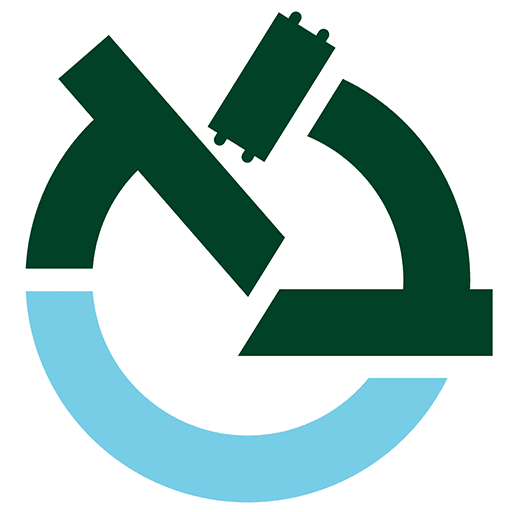

Caring for Our Students & Ourselves in the Face of Antisemitism🎬
Jewish educators are dealing with antisemitism on two levels. We are dealing with our own shock, fear, anger, and uncertainty. And at the same time, we need to be able to address antisemitism in our classrooms, camps, or youth groups. We need to help our students feel safe and supported, and we need to make sure they have some tools in their arsenal to rely upon. While there are so many questions, many without answers, there are some things that we can do right now to help our students feel safe and supported. This series of videos from The Lookstein Center at Bar-Ilan aims to give educators tools for helping our students through these troubling times.
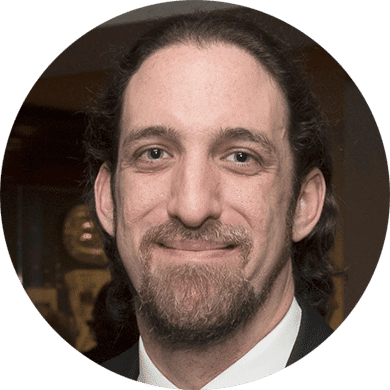

Antisemitism is Systemic, and Yet Deeply Personal – 2024 Update 📄
In the United States and across the globe, there is an all-out assault on Jews arising from the political left, political right, and seemingly everywhere in between. From virulent and overt violence to the dog whistles of antisemitic tropes, one can see antisemitism alive and growing in almost every facet of life. In a survey conducted by ADL, over 1 billion out of 4 billion people surveyed across the world harbor antisemitic attitudes. That is over 25%. As the Program Manager for Echoes & Reflections, my career is focused on helping secondary educators effectively and responsibly teach about the Holocaust and contemporary antisemitism.
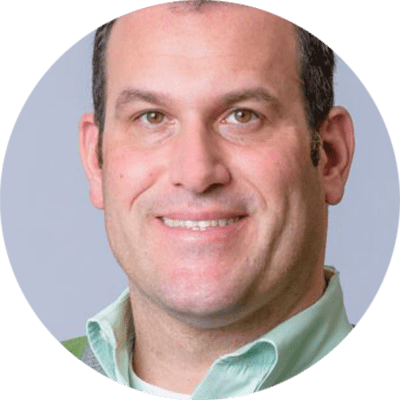

Insights From College Guidance in the Wake of October 7th – 2024 📄
I have been privileged to work at SAR High School since 2007, assisting many hundreds of graduates with the college admission process. It has been a true labor of love, helping a student discover the institution that could be their perfect match for four transformative and memorable years. Front and center in the admission process has always been a student’s growth as a Modern Orthodox Jew, with considerations like kosher food, daily minyanim, Hebrew language and Jewish studies departments, Torah learning opportunities, and Israel advocacy coming into play as much as academics and student life.
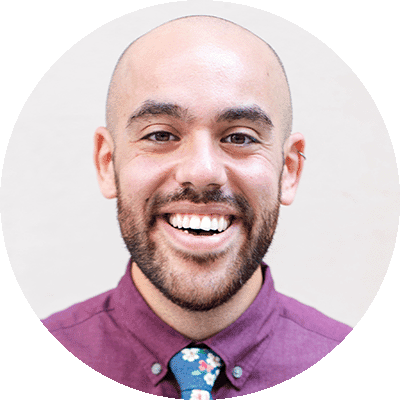

Reflections on College Guidance after October 7th – 2004 📄
This all happened at a very interesting time in the college application cycle. When the war started and we started seeing anti-Israel and antisemitic activity happening across the country, our immediate thought in the Milken college admissions office went to students applying early decision to schools, because that’s a binding contract—if you’re admitted, you have to attend. October 7th was a month before early decision, early applications were due, and we had to do triage for those students. For students who were not applying early decision the timing wasn’t as critical.
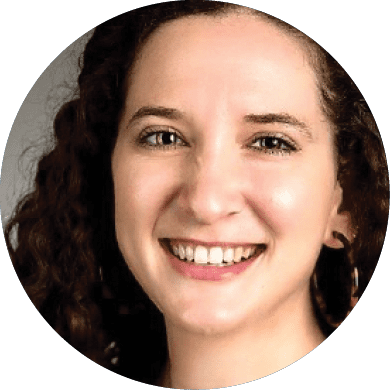

Proud, Progressive, Zionist: An Interview With Sara Liss 📄
Zioness is a movement of Jewish activists and allies who are unabashedly progressive and unapologetically Zionist. Our whole goal is to ensure that there is always a space for Jews and Zionists in the progressive movement and in the progressive world, which is where most American Jews naturally find themselves politically anyway.


